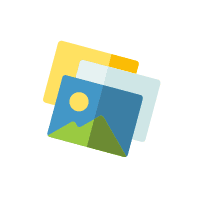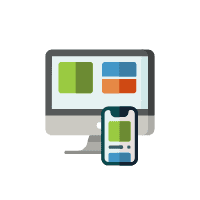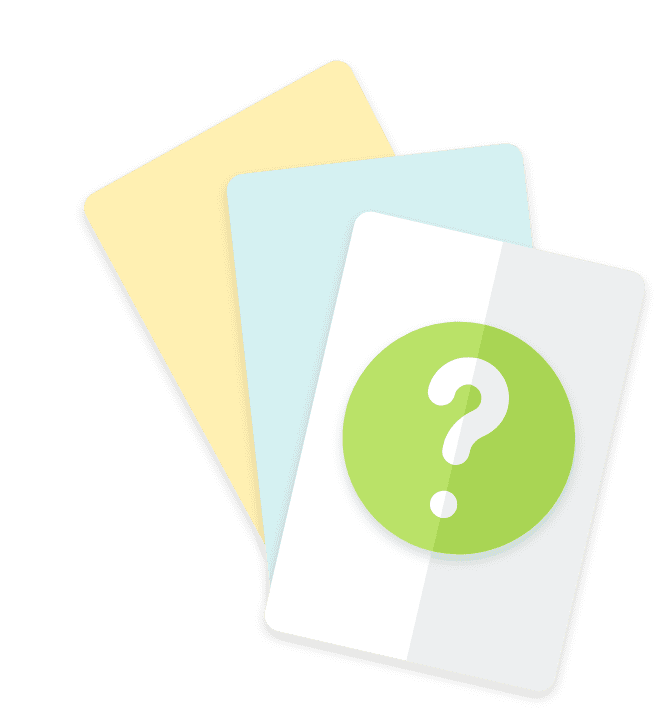Three Easy Steps to Leading an Effective Debrief
In what promises to be one of the most popular videos in our tutorial series, this week’s Facilitator Tips episode shares a simple, yet powerful, model to help you lead an effective debrief or group reflection.
<< Go to Episode 31 Go to Episode 33 >>
Debriefing or reflection activities are often considered a skill that most group facilitators feel the least confident or equipped to conduct.
If you’re looking for ideas on how to lead an effective debrief with groups, click the play button above.
Want to join the conversation?
Please leave a comment at the bottom of the page (you must be logged in.)
Don’t have a playmeo account? Join today.
Useful Links & Resources
- Reflection Activities – there are dozens of fun and engaging strategies and activities featured in playmeo’s activity database.
- Why Debrief – read this short article to learn a few powerful reasons why adding opportunities to process your group’s experiences is a good idea.
- Useful Debriefing Techniques – here’s a short list of useful tips and techniques to help you lead effective processing sessions with your groups.
…EE
Video Transcript
Welcome to Episode 32 of the Facilitator Tips video series.
My name is Mark Collard, I work as an experiential trainer, educator, and an author. And today I want to focus on this really big topic of how to debrief, or the word I often like to use is to process or reflect with my group.
Now if you’re using experiential education or any form of that methodology in your work, it is absolutely critical, in fact by definition you need to invite your group to reflect to help them learn. And just as with your activities, it’s really important to sequence your series or progression of activities, it’s just as important in your activities to reflect with your group as well.
And by far the most popular, probably most widely known and practised sequenced technique is the Experiential Learning Cycle as produced by David Kolb. And this harks back to the 1960s, and in many ways, we still use this technique to help our groups reflect.
It’s made up of effectively three pieces. The first piece is the ‘What’. All you’re looking to get done in that first step is to get the group starting to talk. They’re not actually doing anything with it other than sort of recounting what happened in the activity, so with their observations, their effects.
And once you feel like we’re really clear about what happened, we then move on to the okay, ‘So What’. So what that actually happens? We’re now adding meaning, and we’re interpreting the facts to make sense of what actually went on. And this is sometimes where we do delve into how people were feeling and the impact of some of the decisions and actions that were being taken.
And then the final piece is what do we now do with that information? ‘Now What’ do we do? And this is the application where we may have discussed things that were important for you and the group that we want to apply it to something else. And it might be that you apply it to the next activity or the next class or the next whatever, project or experience. And therefore it then feeds into a cycle. So the ‘What’, ‘So What’ and ‘Now What’ not only is it made up of three simple steps, but it’s really simple to understand as well.
Now if you’re looking for lots of techniques to use that would actually employ any one of these three steps check out Playmeo’s activity database for many debriefing and processing options. There are dozens of fun, innovative ways to change it up, so it’s not just about bringing the group together in a circle and asking a series of questions. And by all means, absolutely have fun.
And if you’ve got your own ideas about what works to make an effective debrief or reflection time, please add a comment below this video. And importantly, share. If you’ve got other people maybe in your organisation or team or school who might value any one of these tips, feel free to share as well.
My name is Mark Collard. Thanks so much for listening.
I look forward to seeing you in the next episode.
Bye for now.








There are currently no comments